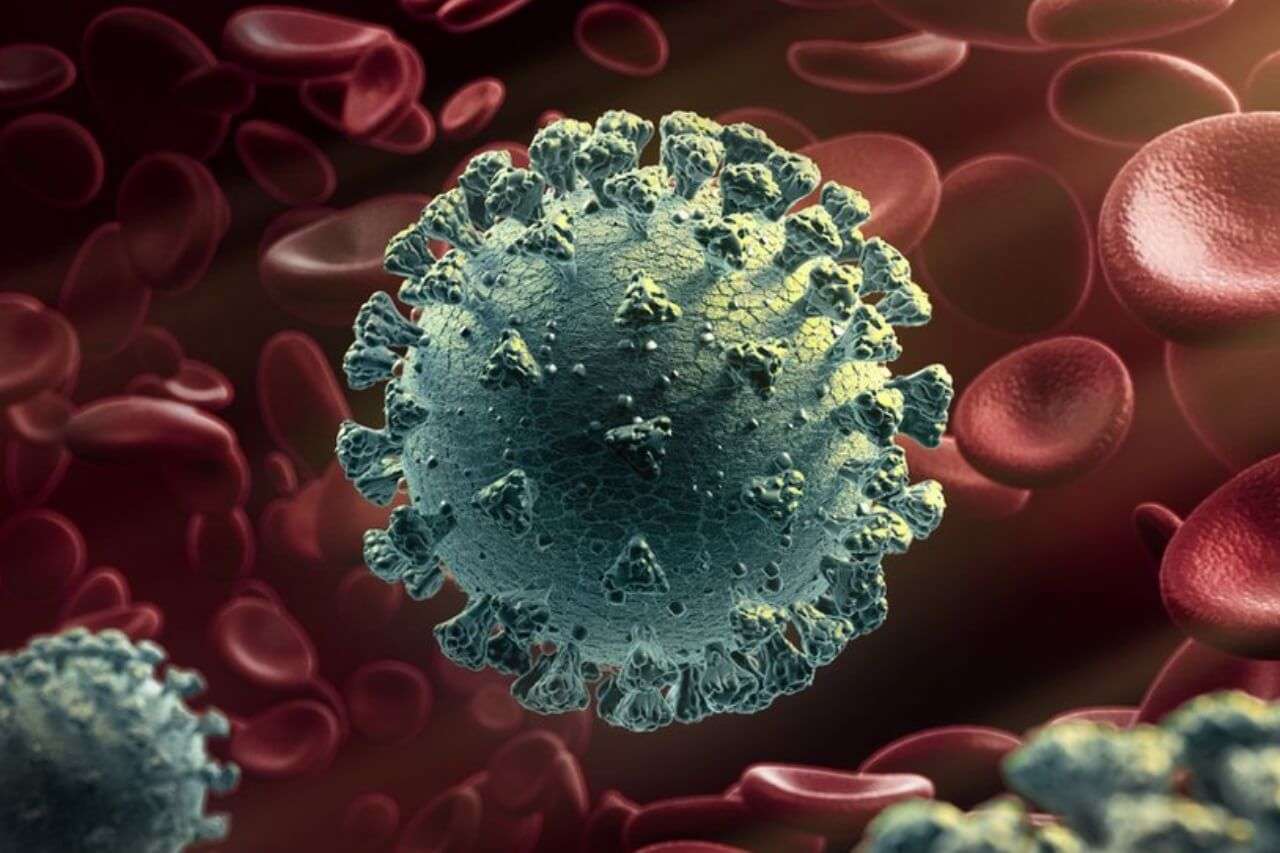Face masks and social distancing have become part of our lives. They have become so essential to man that going out bare-faced and getting huddled together in crowds are considered unforgivable. And just as we are getting back to the pretty normal routines and operations of people and businesses, a mutant gets in the picture.
Just as everyone is easing into the “new normal”, there appears to be a twist in the plot. A new strain of the SARS CoV-2 virus is detected in the UK and, according to a British study on the current cases in London, there is a 50% to 74% increased transmission than the established variants we have come to know about. The rate at which it is spreading is one reason why researchers took a closer look.
The Effect of the New Variant Coronavirus B.1.1.7
It is but natural to worry about a new version of a virus that communities and countries are still fighting hard against. Immediately after confirmation, UK’s Prime Minister Boris Johnson ordered tougher measures and tighter restrictions over the Christmas season. Genomic surveillance is enhanced for early detection and containment. Other countries have also barred travel to and from the UK as soon as news of the new strain of COVID-19 reached them.
There is still no clear evidence of this new variant will produce worse symptoms and complications. So far, infected individuals are showing a heightened load of the virus in their upper respiratory tracts, which, in most viral infections, would produce more severe symptoms.
The noticeable differences are that the new virus strain spreads a lot faster and children are as vulnerable to it as adults are. However, scientists have yet to prove if it is the new way the spike protein locks and spreads among human cells that make it more transmissible or if human behavior is to blame.
What Causes the COVID-19 Virus to Mutate?
The genetic material of the coronavirus is known to mutate as it replicates itself but that process takes time. The new strain alone has over 17 mutations, according to researchers. It is still unclear what caused the mutation in its genetic code but researchers are considering the following theories:
- When the virus stays and thrives in a body for a very long period of time, it may accumulate several mutations as it replicates.
- The previous variant may be able to withstand certain medications it was exposed to so, instead of getting eliminated, it evolved into a mutant variant.
- The new variant may have come from an infected animal, just like the virus that recently hit Denmark’s mink population.
Is a New Variant Vaccine Necessary?
When biotech companies started working on vaccines, the world was hopeful. And then Pfizer BioNtech and Moderna finally did it, creating a COVID-19 vaccine that could help the immune system produce antibodies against COVID-19. They are the first two in the United States that got Emergency Use Authorizations (EUA) from the FDA and vaccinations have begun.
But when the new strain made itself known in the UK, the relief that people felt, knowing there are vaccines to help ease the pandemic, has turned into worry. Will these vaccines work against the new variant? Or is a new variant COVID vaccine needed?
According to the experts, the vaccines will still be useful, since they were proven to help generate an immune response against the previous strain. However, it may be less effective against the COVID new variant but a little tweaking may be all that’s needed to make them work.
The once questionable AstraZeneca vaccine, which only had a 70% effectiveness rate, will be 100% effective against the new strain, says Pascal Soriot, Executive Director and Chief Executive Officer of AstraZeneca. This has yet to be further tested but the experts say that it looks promising. At a time when we thought all is lost, there is still a gleam of light that’s worth fighting for.
New COVID Strain, Now What?
The new SARS COV-2 variant is more transmissible than the previous strain but there is no proof that it would make people more ill. So, the usual protocols that the Centers for Disease Control and Prevention and the public health officials have mandated will still be effective to help reduce the spread. But it may be crucial to increase how tightly travel restrictions are being imposed now.
Wear a face mask, maintain a good distance from other people, stay away from crowded places, always wash your hands, and go out only if needed.
Regular testing will also help detect if you are infected or not. A rapid antigen test only takes about 15 minutes so there’s no reason not to have it. As the new strain is being studied, there should be more data to help modify the vaccines, the health protocols we follow, and the “new normal” way of living.










